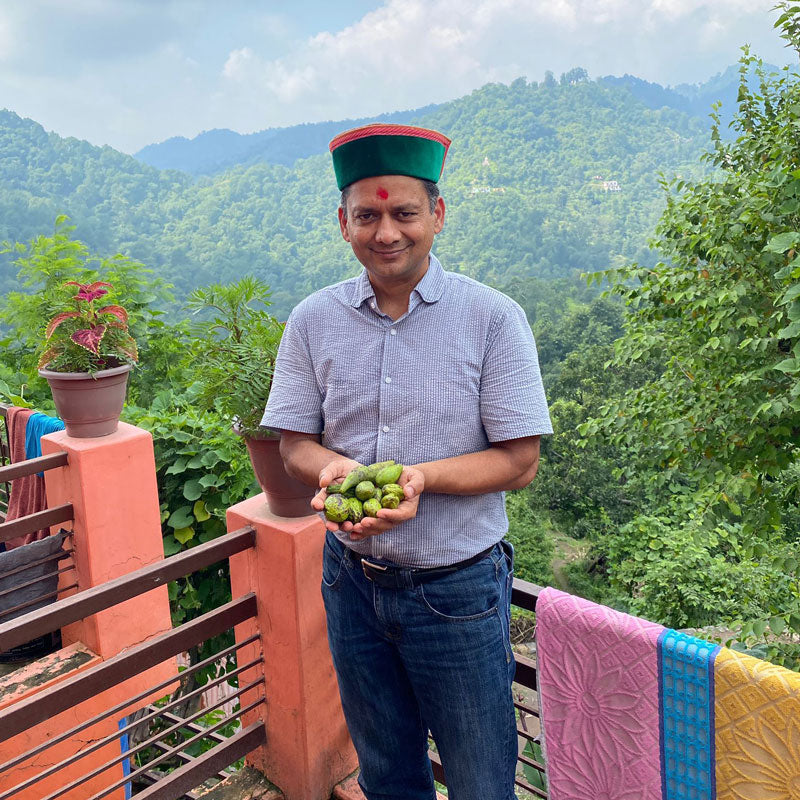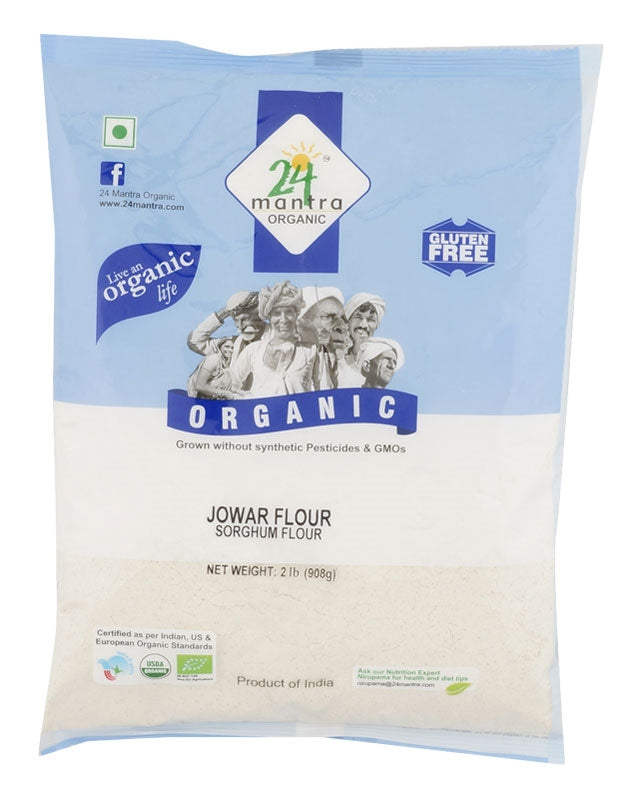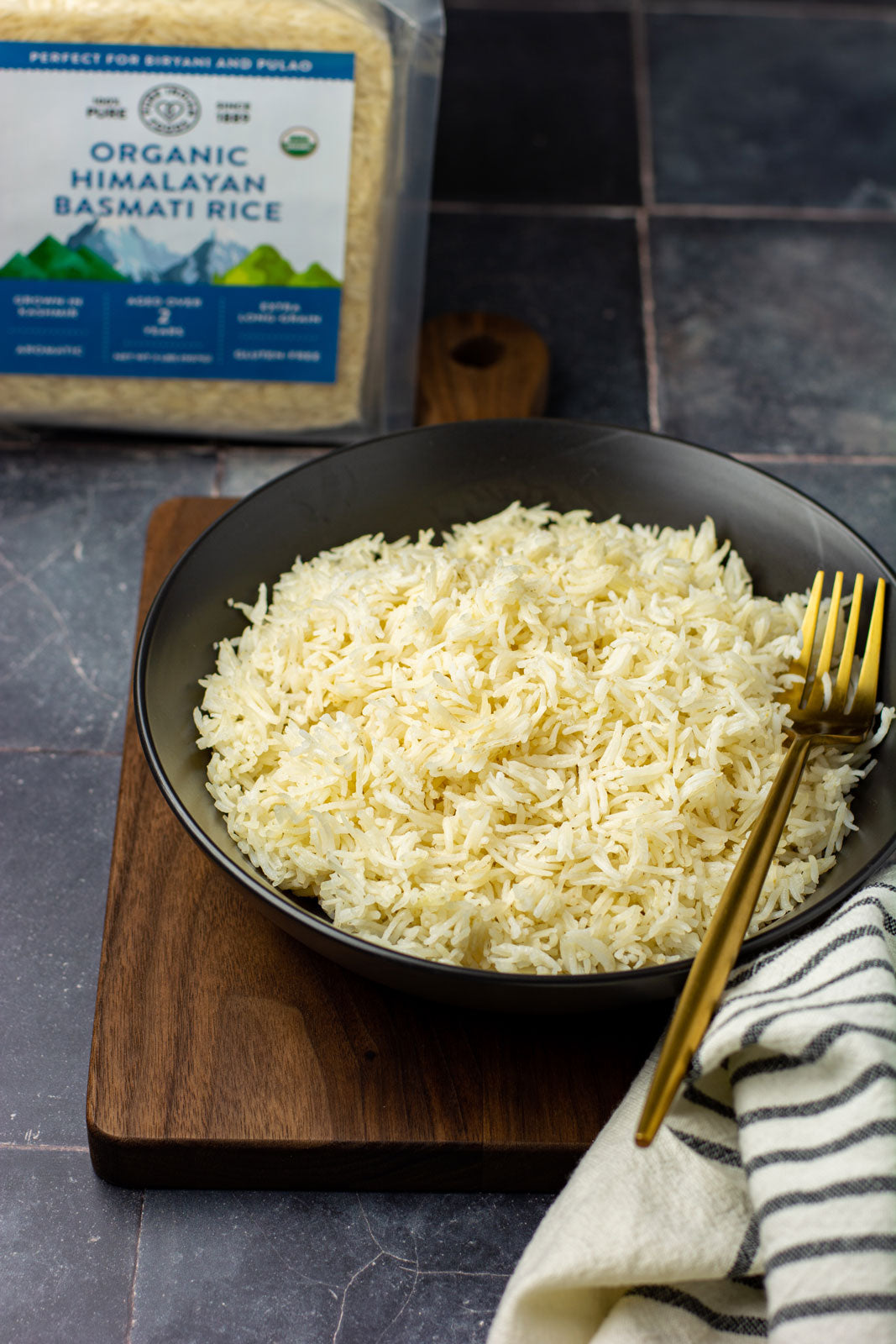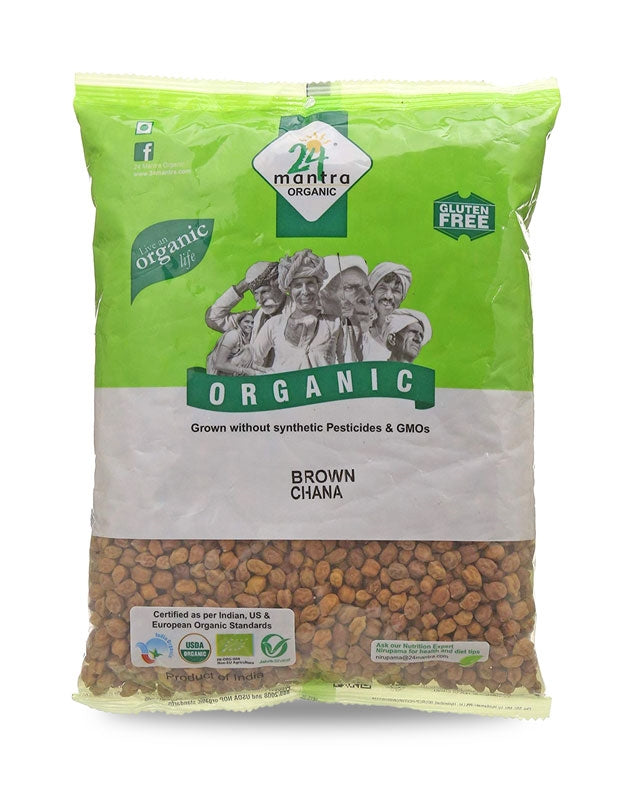Manufactured in a Gluten-Free Facility
Jowar, also known as Sorghum, is a flowering plant or grass that has been called the "new quinoa" by some. Seventeen of the twenty-five species are native to Australia, with the range of some extending to Africa, Asia, Mesoamerica, and certain islands in the Indian and Pacific Oceans.
It is rich in fiber and high in protein and iron and is also gluten-free.
A great way to incorporate this millet into your diet is through rotis. It is best paired with other cereals like bajra, ragi, soya, etc. You can also use this flour to make porridge. Roast multi-grains like whole wheat, jowar, bajra, ragi, etc. with green mung, chana (Bengal gram) dal, sago (sabudana), etc. to the multigrain atta, and cook it till it reaches the consistency of porridge, using one part flour and three parts water. If you want to serve it savory, add cumin and salt. If your kids prefer sweet porridge, try jaggery and milk instead.
READ OUR FULL SHIPPING POLICY HERE
CONTINENTAL USA
Orders over $125 qualify for a flat rate of $9.99. This applies to the Continental USA outside of Northeast region. This does not include Alaska or Hawaii.
ONLY NORTHEAST USA
Orders over $75 qualify for a flat rate of $5.99. This applies ONLY to the Northeastern part of the United States, including CT, DE, DC, ME, MD, MA, NH, NJ, NY, PA, RI, VT, VA.
WHAT IS YOUR HANDLING TIME?
Pure Indian Foods orders are processed, shipped, and delivered on business days: Monday-Friday (excluding weekends and major holidays). Please allow 2-4 business days for processing depending on product availability and order volume.
HOW LONG IS TRANSIT TIME
USA: On average, 5-10 business days.
Canada: On average, 6-10 business days, but sometimes longer to get through customs.
International: We do not have an estimated time for other countries.
INTERNATIONAL ORDERS:
International orders outside the USA may attract additional customs, taxes and duties upon entry to your country; this is the responsibility of the customer. If the package is refused by your country's customs department and it it sent back to us, the shipping cost will be non-refundable. Please be aware, there may be delays.
DO YOU OFFER LOCAL PICK UP?
We are online-only.
We want our customers to be satisfied with the quality of our products. If a product is damaged during shipping or you are unhappy with the product, simply let us know within 14 days after delivery, and we will try to resolve the situation to your satisfaction in a way that is fair to both parties. We are a small company and try to do our best for each situation. Please contact us if you have any questions prior to purchasing.
NOT SATISFIED?
If you receive the order and you are not satisfied with it, you can return the merchandise in original packaging within 14 days along with the receipt. Once we receive your package, we will refund the amount charged of the items returned. Unfortunately, we cannot refund the shipping costs, unless the product is damaged or defective.
ORDER REFUSED
If you refuse the order or if the carrier was not able to deliver it, we will give full refund less the shipping charges.
INCORRECT ADDRESS
If the shipping address that you supply is found to be incomplete or incorrect then you are responsible for the additional charges imposed by the shipping company for correcting the address.
RETURNED TO SENDER / UNDELIVERABLE
If we send you a shipment and it gets returned back to us as it was undeliverable to the address provided, we will refund the amount you had paid for the products only. Unfortunately, we cannot refund the shipping cost. We offer the option to reship the same order to an alternative address for an additional shipping fee.
Reviews are submitted by independent customers and do not represent the opinions or claims of Pure Indian Foods. These statements have not been evaluated by the FDA.

Hi! I'm Sandeep.
I travel to India, Asia, South America, and Europe to bring you back some of the most pristine, pure, organic clean ingredients in the world. All the products you'll find here at Pure Indian Foods are ones that me and my family use personally.
My family has been making ghee since 1889. Today, my wife, Nalini (aka "The Ghee Lady"), carries on this tradition. She still makes all the ghee and tightens every jar by hand.
We are passionate about bringing you traditional and nourishing foods. It's our labor of love and service to human-kind. Thank you for supporting our small family business.



